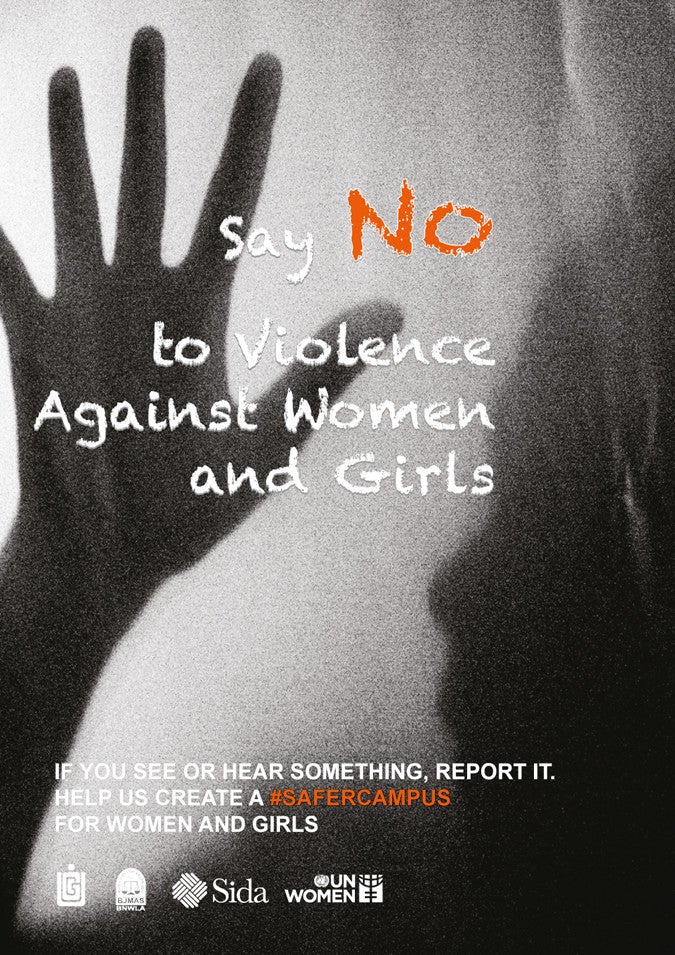Addressing Sexual Harassment in Universities
Date:
Author: Hansika Bhagani

Six years after the High Court of Bangladesh issued landmark directives on the prevention of sexual harassment in workplaces, educational institutions and public places, sexual harassment in universities is still rife. The 2009 directives defined sexual harassment and directed employers and authorities of institutions to provide mechanisms to prevent and prosecute offences of sexual abuse and harassment. But according to UN Women Bangladesh’s 2013 situational analysis in eight universities, 76 per cent of female students had faced incidents of sexual harassment.
Mahtabul Hakim, UN Women’s Coordinator of Ending Violence against Women noted, “While the High Court directive defines sexual harassment and chalks out some preventive measures, these are not always functional. For universities, orientation among students on these guidelines is important. The guidelines also recommend establishing mechanisms for receiving complaints, and for sexual harassment prevention committees to review and investigate the complaints regularly. The committees are present, but not all are operational.”
UN Women Bangladesh, together with the University Grants Commission, is working in four universities to improve their capacity to inform students, create opportunities for discussion and dialogue, and increase knowledge on the sexual harassment prevention committee, where students can complain, anonymously if needed.
With an intended target impact group of 30,000 across four universities – Bangladesh University for Engineering and Technology, Rajshahi University, Shahjahan University and Jahangirnigar University – students, teachers, and administrative staff will be targeted through a number of activities, including a Bangla-translated version of the acclaimed human rights play ‘Seven’. “For female students, it’s about knowing where they can get support. Male students need to know what’s not acceptable, how they can support their peers, and what positive masculinity means in the context of a learning environment,” said Hakim.
Hakim continued, “It’s not easy in Bangladesh to discuss sexual harassment. People aren’t comfortable discussing these issues. But this is something we need to change. Female students should be able to discuss their issues, learn about the existing mechanisms that are present in the university to prevent sexual harassment, and where they can turn to if they face sexual harassment, to complain and get counselling. We also want teachers to be more engaged and responsive in addressing sexual harassment.”
UN Women are working with students, committee members, teachers, and officials in a participatory way. The stakeholders decide how they would like to see the campaign develop and produce a plan that expands on how the High Court guidelines will be implemented at their universities. UN Women will follow up with universities to see how they can also be an example to other universities in Bangladesh.
This project is being implemented with the Bangladesh National Women’s Lawyers Association, under the aegis of the University Grants Commission, with the cooperation of Vice Chancellors of the universities, and with the support of the Swedish International Development Cooperation Agency.